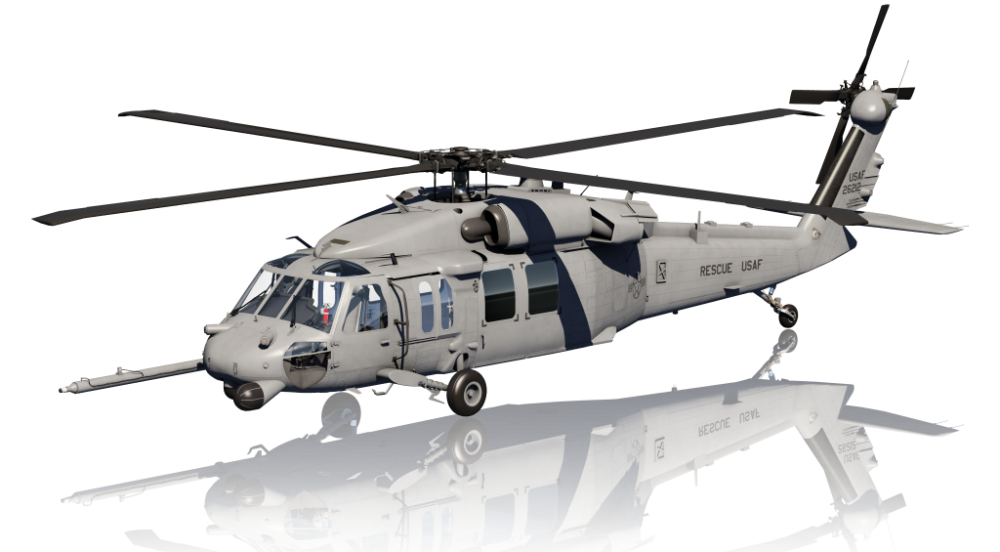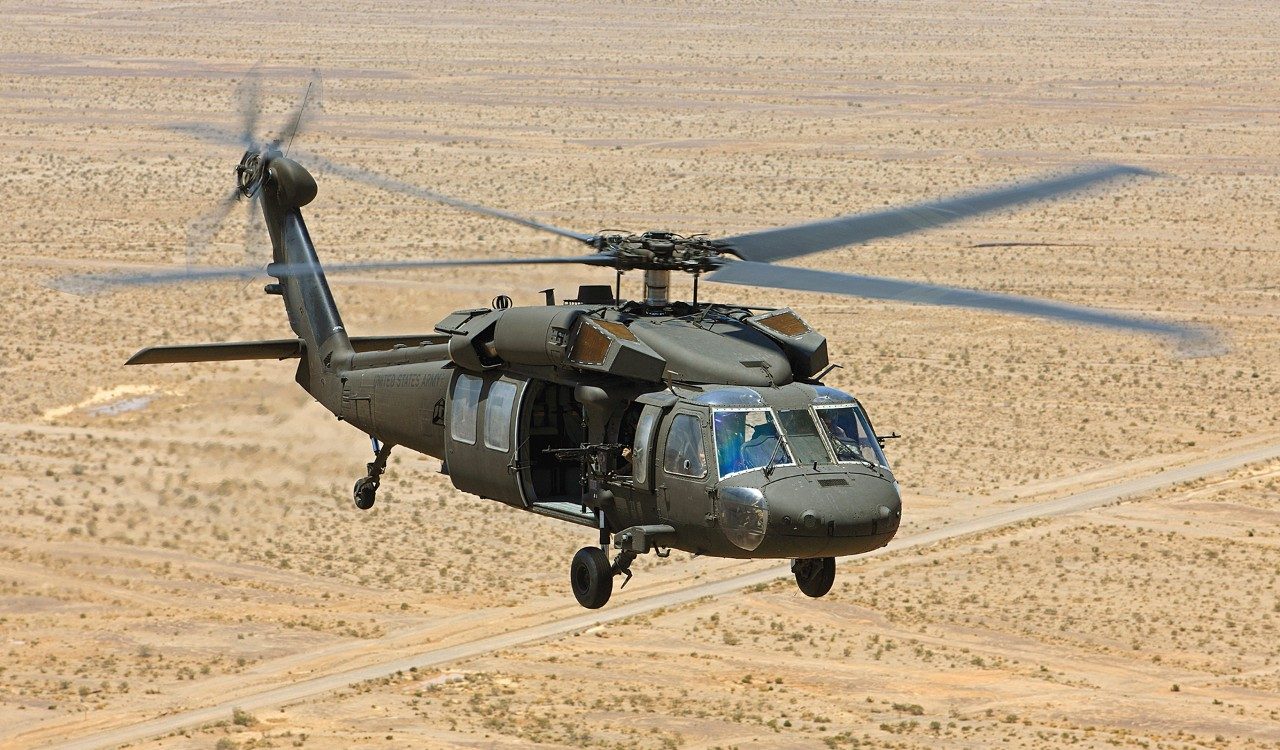Background and Growth of the UH 60 Black Hawk Helicopter
Background and Growth of the UH 60 Black Hawk Helicopter
Blog Article
The Effect of Sustainable Practices on the Future of Airplane Procedures and Emissions Decrease
As the aeronautics market deals with raising scrutiny over its ecological impact, the adoption of lasting methods becomes a crucial path toward future aircraft operations and emissions reduction. Technologies in sustainable aviation fuels and advancements in crossbreed propulsion technologies stand at the center of this makeover, encouraging significant reductions in greenhouse gas discharges. The successful integration of these efforts hinges on a selection of elements, including regulatory structures and sector partnership. The concern stays: just how will these evolving methods reshape the characteristics of flight and add to an extra lasting future?

Summary of Sustainable Practices
Sustainable practices in airplane operations include a range of approaches targeted at lowering environmental effect while preserving functional effectiveness. These practices are necessary in the aeronautics market's commitment to reducing its carbon footprint and sticking to global environmental standards. Key initiatives include optimizing trip paths to decrease gas consumption, boosting maintenance methods to make certain aircraft run at peak efficiency, and applying sophisticated innovations such as winglets and lightweight materials that improve the rules of aerodynamics.

Involving and educating staff on sustainability methods additionally play a vital function, fostering a culture of ecological duty within organizations. Overall, the assimilation of these sustainable techniques not only helps in reducing exhausts yet also enhances the long-lasting feasibility of the aviation sector, guaranteeing it fulfills the demands of both consumers and governing bodies while adding to international sustainability goals.
Innovative Fuel Alternatives
Various ingenious fuel choices are becoming pivotal solutions to decrease the aviation market's dependence on typical fossil gas. Amongst these options, Sustainable Air travel Fuels (SAFs) have actually gained substantial interest because of their potential to reduce lifecycle greenhouse gas emissions by approximately 80% contrasted to traditional jet gas. SAFs are stemmed from different feedstocks, consisting of waste oils, agricultural residues, and also algae, making them a flexible alternative for the sector.
An additional promising choice is hydrogen gas, which, when made use of in fuel cells, generates just water vapor as a byproduct. Furthermore, electric propulsion systems are being discovered, leveraging battery technology to power airplane.
Finally, biofuels stemmed from biomass are being checked out, using a sustainable choice that can be blended with standard gas. Collectively, these ingenious gas alternatives stand for a critical action toward attaining a sustainable aeronautics environment, aligning with international emissions decrease targets and enhancing the sector's ecological stewardship.
Technical Innovations in Air Travel

Exactly how can technical innovations reshape the future of aeronautics? Technologies such as electric and hybrid propulsion systems are at the leading edge, encouraging considerable reductions in fuel usage and greenhouse gas discharges.
In addition, the execution of innovative materials, such as lightweight composites, adds to improved aerodynamics and fuel performance. Making use of expert system and artificial intelligence in trip operations maximizes course preparation and reduces fuel shed by enabling real-time adjustments based upon weather and web traffic problems. In addition, the development of self-governing and remotely piloted airplane systems stands to change cargo and traveler transport, potentially boosting efficiency while minimizing human mistake.
In addition, sustainable air travel innovations, consisting of sophisticated air website traffic management systems, can decrease and streamline operations congestion, bring about lower emissions during trip. These innovations collectively represent a find out this here paradigm change in air travel, assuring a future where sustainability and functional efficiency are linked, therefore supporting the industry's dedication to minimizing its environmental influence.

Regulatory Structure and Conformity
In light of the growing focus on environmental stewardship within the aviation market, the governing structure governing aircraft operations is evolving to advertise lasting practices. Regulative bodies, such as the International Civil Aviation Organization (ICAO) and various nationwide air travel authorities, are presenting strict standards intended at decreasing emissions and boosting functional efficiency.
These policies frequently consist of the adoption of Sustainable Aeronautics Gas (SAF), which has actually been acknowledged as a vital element in attaining lower carbon footprints. Conformity with these regulations calls for airlines to execute innovative innovations and functional practices, such as enhanced flight courses and enhanced air traffic management, to lessen gas consumption.
Furthermore, the enforcement of discharges trading plans and carbon countering campaigns is ending up being significantly prevalent, compelling airline companies to check and report their emissions accurately. Non-compliance can cause considerable fines, therefore pushing operators to focus on sustainability in their service models.
Eventually, the progressing governing landscape not only drives technology and investment in environment-friendly innovations however likewise promotes a society of accountability within the aeronautics industry. As these frameworks proceed to establish, the emphasis on sustainable practices will be essential to achieving the market's long-term environmental goals.
Future Fads in Airplane Workflow
As the aeronautics industry adapts to a progressively rigid regulative setting, future patterns in aircraft operations are readied to focus on innovative remedies that further improve sustainability and performance - uh 60. Secret growths will likely include the adoption of sophisticated air web traffic administration systems, which use real-time data and you could try these out fabricated intelligence to optimize trip paths, reducing fuel consumption and exhausts
Another substantial pattern is the increased combination of lasting air travel gas (SAFs) These options to conventional jet gas, acquired from renewable resources, can considerably lower lifecycle greenhouse gas emissions. The sector's commitment to SAFs will likely increase as airline companies work together with gas producers to guarantee accessibility and cost-effectiveness.
Additionally, the press in the direction of electrification and crossbreed propulsion systems is gaining momentum. Emerging airplane styles will include these innovations, using quieter and extra reliable procedures, particularly for short-haul flights.
Verdict
The fostering of sustainable aviation fuels, paired with improvements in hybrid and electrical propulsion systems, is vital for decreasing lifecycle greenhouse gas discharges. Enhancing trip courses and embracing cutting-edge modern technologies add to a quieter and much more ecologically friendly aviation sector.
Advancements in sustainable aviation gas and developments in hybrid propulsion innovations get more stand at the leading edge of this improvement, encouraging substantial decreases in greenhouse gas exhausts.Numerous innovative gas choices are emerging as crucial remedies to minimize the aeronautics sector's dependence on standard fossil gas - uh 60. Amongst these alternatives, Sustainable Aviation Fuels (SAFs) have acquired considerable focus due to their possible to decrease lifecycle greenhouse gas emissions by up to 80% compared to conventional jet fuels.Another considerable trend is the raised assimilation of sustainable aeronautics fuels (SAFs) The adoption of lasting air travel gas, paired with improvements in hybrid and electrical propulsion systems, is crucial for minimizing lifecycle greenhouse gas discharges
Report this page